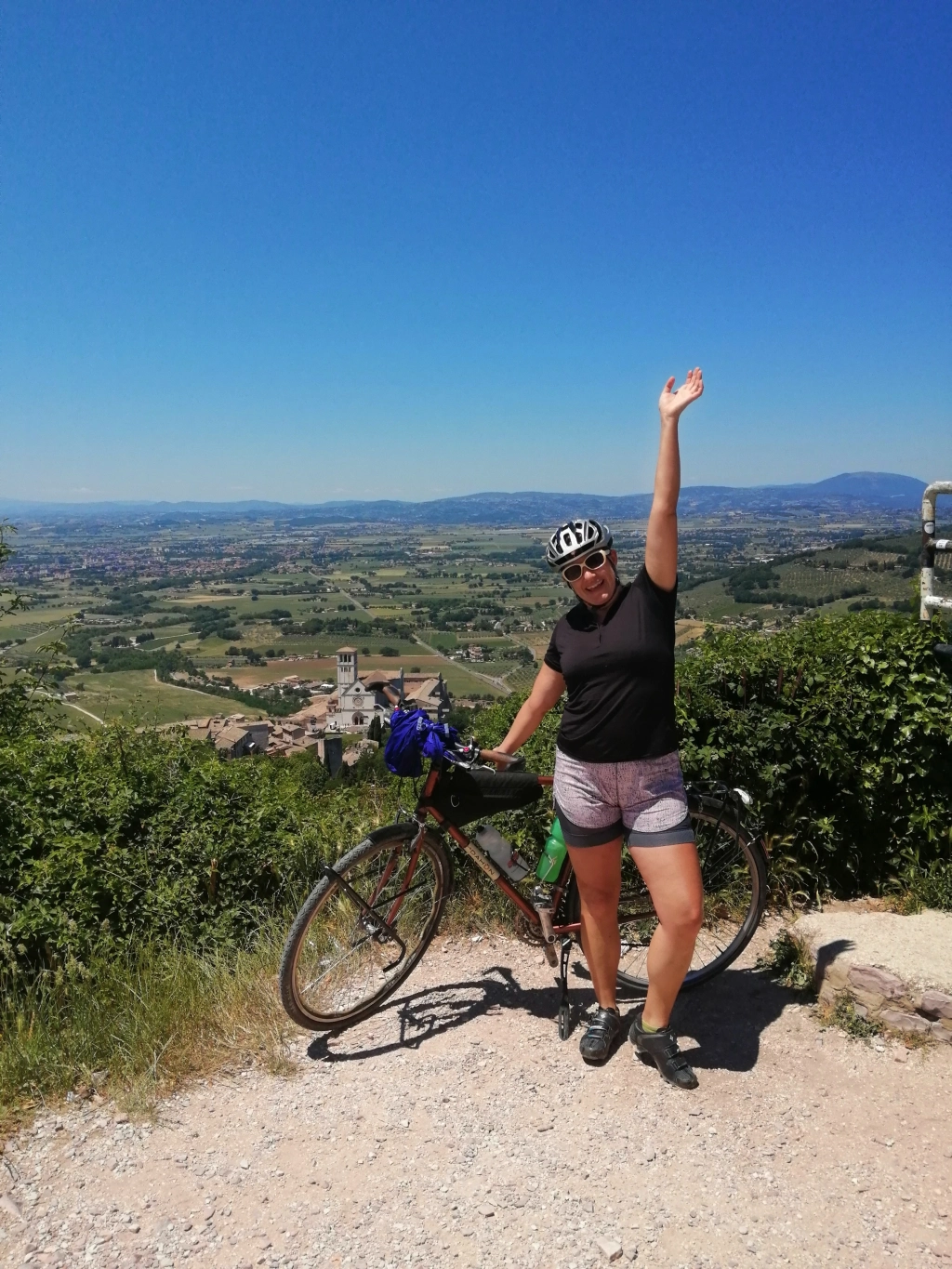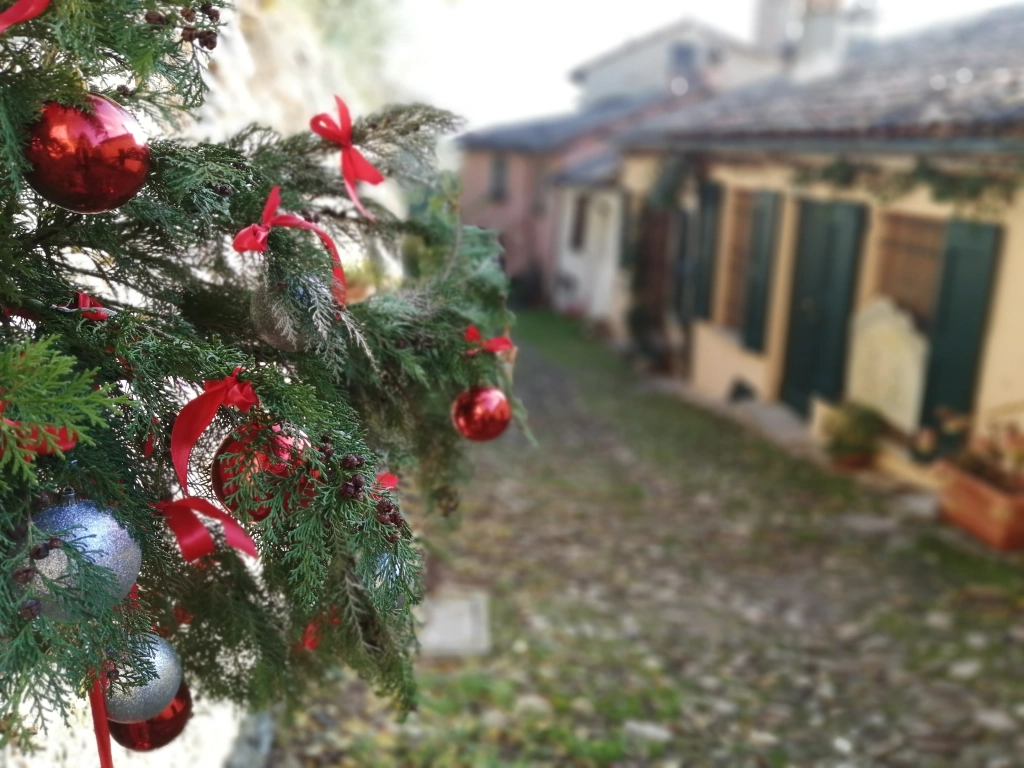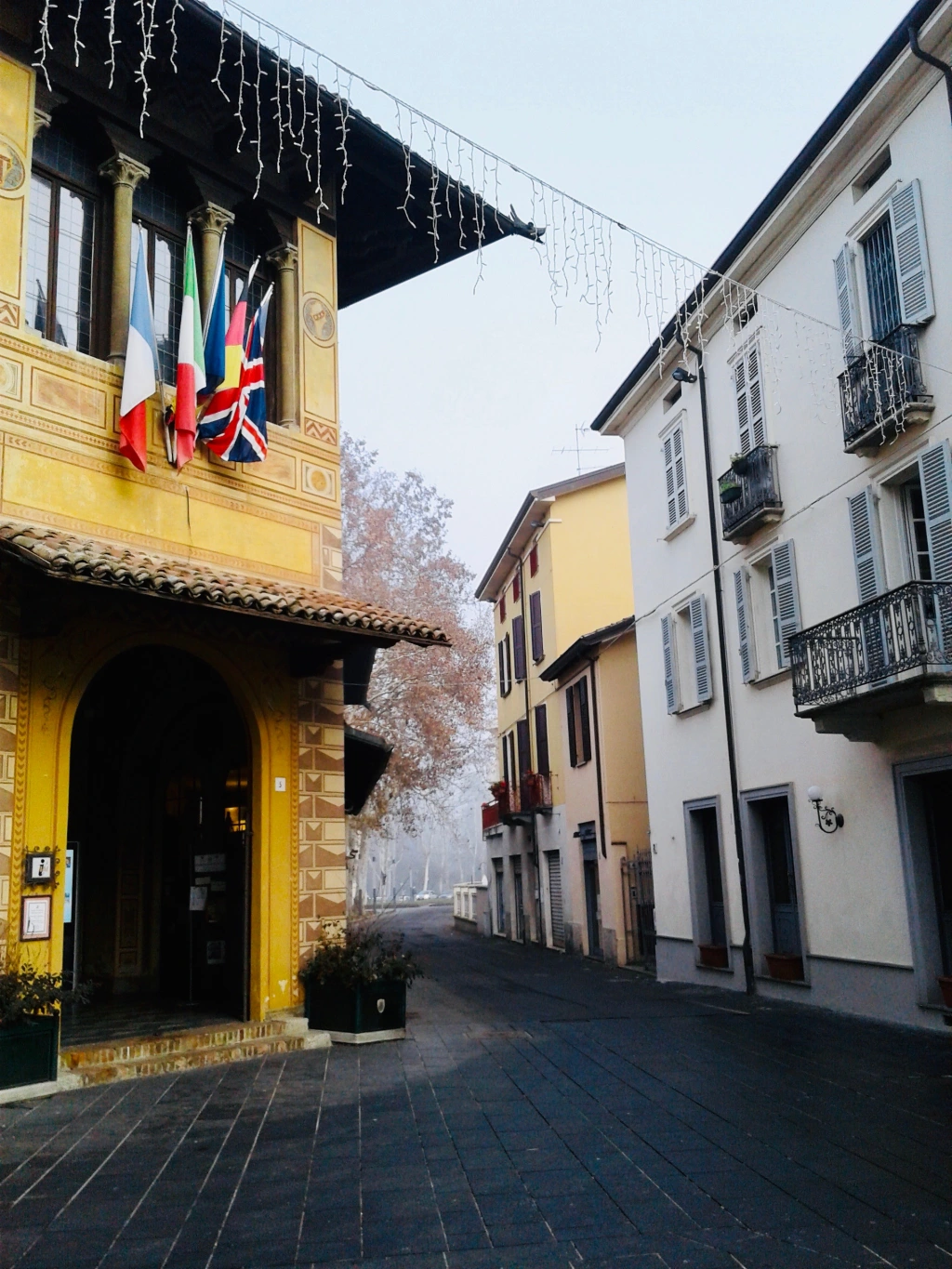In beginning to write about happiness, I feel it necessary first to order two shots of espresso over a little scoop of honey pecan gelato. Please pardon me while I do so.
Done.
Now… at the moment, I feel quite elated. The silky taste of honey pecan gelato and the rich, sharp hot tang of espresso to me is a surefire recipe for happiness. But is this true happiness or only a momentary high? And if repeated throughout the day could these multiple happy spikes add up to an overall sum of true happiness? I am inclined to say yes.
Aaaah but this exuberant experience seems so deliciously sinful — so self indulgent! Perhaps that is part of the problem, however — the “guilt” and “sin” attached (in the American culture, anyways) to the deliberate indulgence of rich or unnecessary things. Like honey pecan gelato and espresso in the afternoon on my day off, after having done not much other than watch a movie, read a book and ride my bike to a nearby coffee shop.
Because even enjoying myself so thoroughly, there is a haughty little voice that insists, “Should you be doing something more productive?”
Yet, elsewhere in the world, this non-activity and selfish indulgence might be seen as vitally productive — at least in terms of oneself. Someone from another country might need no translation of this exuberant phrase, but to many Americans its meaning is as foreign as the ingredients on a Twinkie wrapper. Take the French and their wonderful joie de vivre, what the Merriam-Webster dictionary cites as “a keen or buoyant enjoyment of life.”Merriam-Webster’s definition of keen is “pungent to the sense,” “enthusiastic,” “eager” and “intense.” Buoyant is defined as “cheerful,” and “capable of floating.”Merriam-Webster’s example of its use: “She is admired for her energy and joie de vivre.” “She” certainly can’t be an American, if she is admired not for her career, mansion and Escalade but for her ability to float enthusiastically through life!
And then there are Italians. They may not open their store because it’s raining and they don’t feel like working. They may spend more money on their cioccolato brown shoes than you would on your Macy’s-bedecked triplets’ college education. Yet they are masters at the savory art of il dolce far niente — literally, the sweetness of doing nothing. An Italian would have no problem treating himself to a heartily excessive seven-course meal including aperitif, desert, wine and coffee — two or three days in a row. The American psyche cringes; after just one of these extensive events, we would be sprinting for the treadmill to counteract the oral overindulgence, and logging in time on our PCs to catch up on emails that came in while our mouths were full.
And we 1-week-vacation-a-year, 2 hours at the gym a day, margarine on low-fat, low-carb bread eaters wonder how it is possible to be so happy so simply. Others elsewhere enjoy all the things that we enjoy but feel guilty about — expensive wine, butter, cream, pastries, gelato, chocolate, fresh bread dipped in fine olive oil, month-long vacations, late night dinners and perfect figures. Certainment, their joie de vivre can simply be an afternoon coffee, a walk along the river with a new scarf, a healthy dollop of marscapone on fresh strawberries — simple, small frequently inserted daily joys. Doesn’t sound so insurmountable. Yet, we still wring our diet plans in our hands, exclaim in shock with our cheap Walmart-gloved hands against wrinkle-creamed cheeks, “How can they do it?”
What makes us so different?
How many typical Americans do you know that have an intrinsic, eager enjoyment of life — one that literally can make them capable of floating? And how many can carry this feeling past the weekend, throughout the jampacked workweek and the trials of the daily grind?
Perhaps we are too focused to be capable of floating. Perhaps we spend too much time waiting for a big, beautiful miracle to saunter over that we miss all the little, not-so-perfect surprises underfoot. Maybe our collective inability to cultivate daily joie de vivre is like the mushrooms we find in the grocery store: white, perfect, safe button mushrooms. Those cookie cutter fungi are fine, but the mushrooms that taste the best are gnarled, ugly — almost grotesque in their hideous distinction. Many of us would be afraid to try them, as we are afraid perhaps to be caught smelling wild flowers on the side of the road while the white picket fenced house of our dreams goes up on the market. Smelling flowers, after all, seems quite trivial — right?
But I would argue that the house can wait, while the wildflowers cannot. In a few weeks they’ll be gone and they must be enjoyed now, in their most glorious, pollen-ridden, weed infested glory! Often in American, we succumb to the “have it when I want it” attitude, and we miss the rarity that comes from savoring local strawberries in spring or the last tubers of winter. Instead of being in tune with the seasons, we are deliberately aloof. We would rather chew on mushy, bland tomatoes all winter (because we should be able to have tomatoes all year) rather than wait for the seasonal, natural sweetness of fruit enjoyed in its own time.
Not to say that we shouldn’t be able to have our cake and eat it too; the English folk who coined that phrase did not feel like it was possible sometimes to have the best of both worlds. We will get our cake — and we’ll get to eat it, but maybe not right this moment, and maybe there will be some work involved. We really can be slim, healthy and rich in enjoyment and pleasure. The proof is in the pudding; and the pudding is made of whole milk, real butter and real sugar. It is (the pudding itself, all else) enjoyed in small portions, slowly, consciously and freely — not in constant restriction or a frivolous, unrestrained binge.
Winnie the Pooh noted in A House on Pooh Corner, “because although Eating Honey was a very good thing to do, there was a moment just before you began to eat it which was better than when you were, but he didn’t know what it was called.” The moments wherein happiness thrives are unexpected, but likely to be found with an open and excited mind. Happy moments are like fresh honey — rare perhaps, but sweet and sticky enough to persist through the darker months when fresh honey is deep in frozen hole beneath the snow.
And Mark Twain, per usual, has a delightful view on such subjects as enjoyment:
“There is probably no pleasure equal to the pleasure of climbing a dangerous Alp; but it is a pleasure which is confined strictly to people who can find pleasure in it.”
What Twain might be trying to say is this: No matter how exciting, intense and keen the Alp is in itself, you must be able to enjoy in the climb. True, if you abhor hiking, especially outside (ew), you probably wouldn’t think of heading for the tiptop of some crazy crag. But what if you had to?
Substitute “find the pleasure in _________” for just about anything. Truly, happiness sprouts from every street corner when life is an easy stroll, but is more elusive than the Loch Ness monster when the stroll becomes a marathon — and you haven’t trained for it. It’s true our technology-steeped, processed-food-stuffed, chemically-dressed lives are not always pretty or easy. Mais, c’est la vie! If we as a people can make a pact to find and cultivate happiness in small things like a stranger’s smile, sunshine on bare skin or an especially crispy apple — well, that’s one small step for Ameri-kind towards our own tenacious strain of joie de vivre.
***
And here’s an idea — how about kindness?
1. Go out and do something kind for another human being and tell me what you did.
2. Then tell them to do the same for someone else. Give them my blog address and ask them to post what they did for someone else.
Maybe we can plant our own little seed of goodness out in the world… it’s worth a try!





Leave a comment